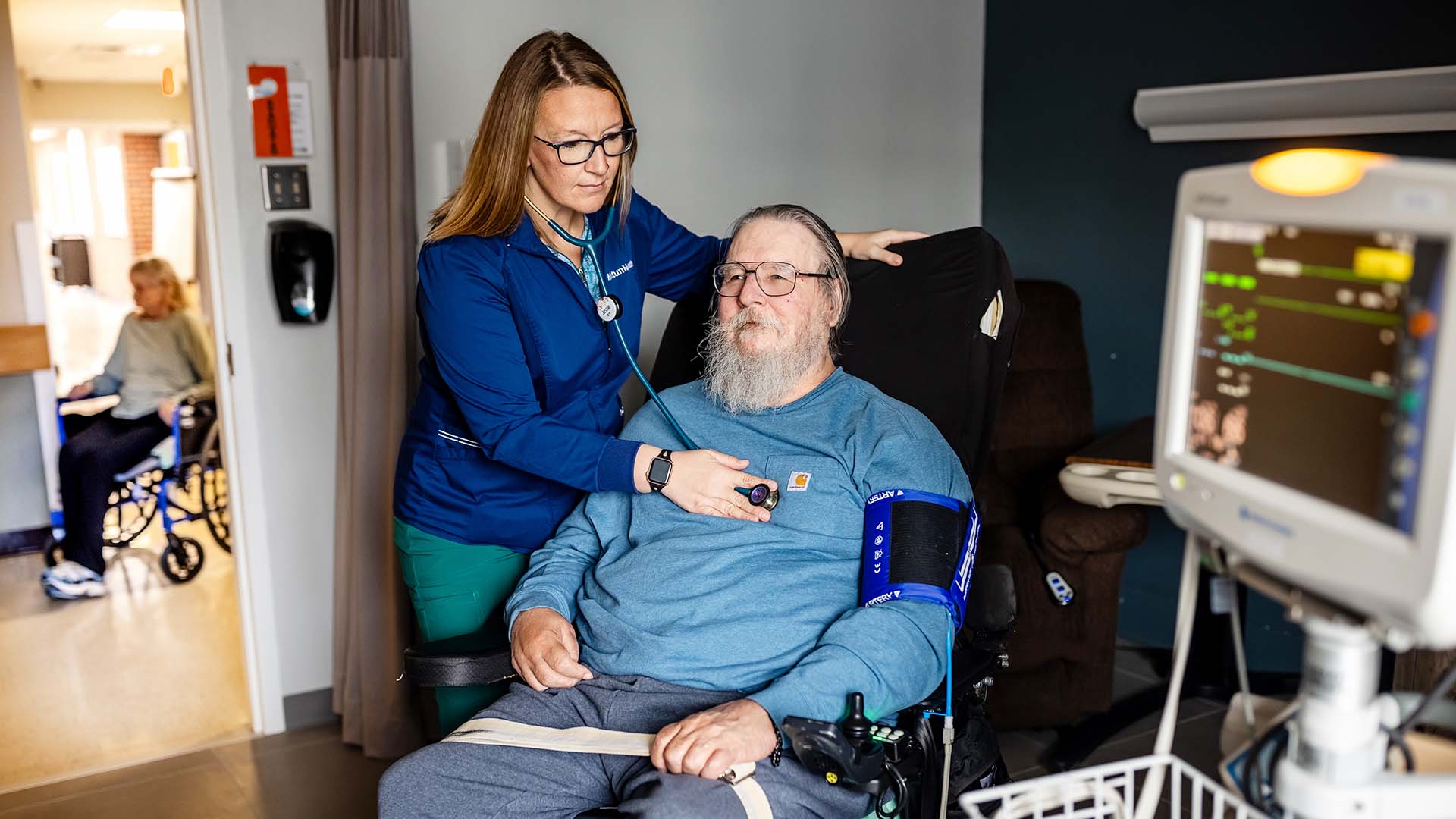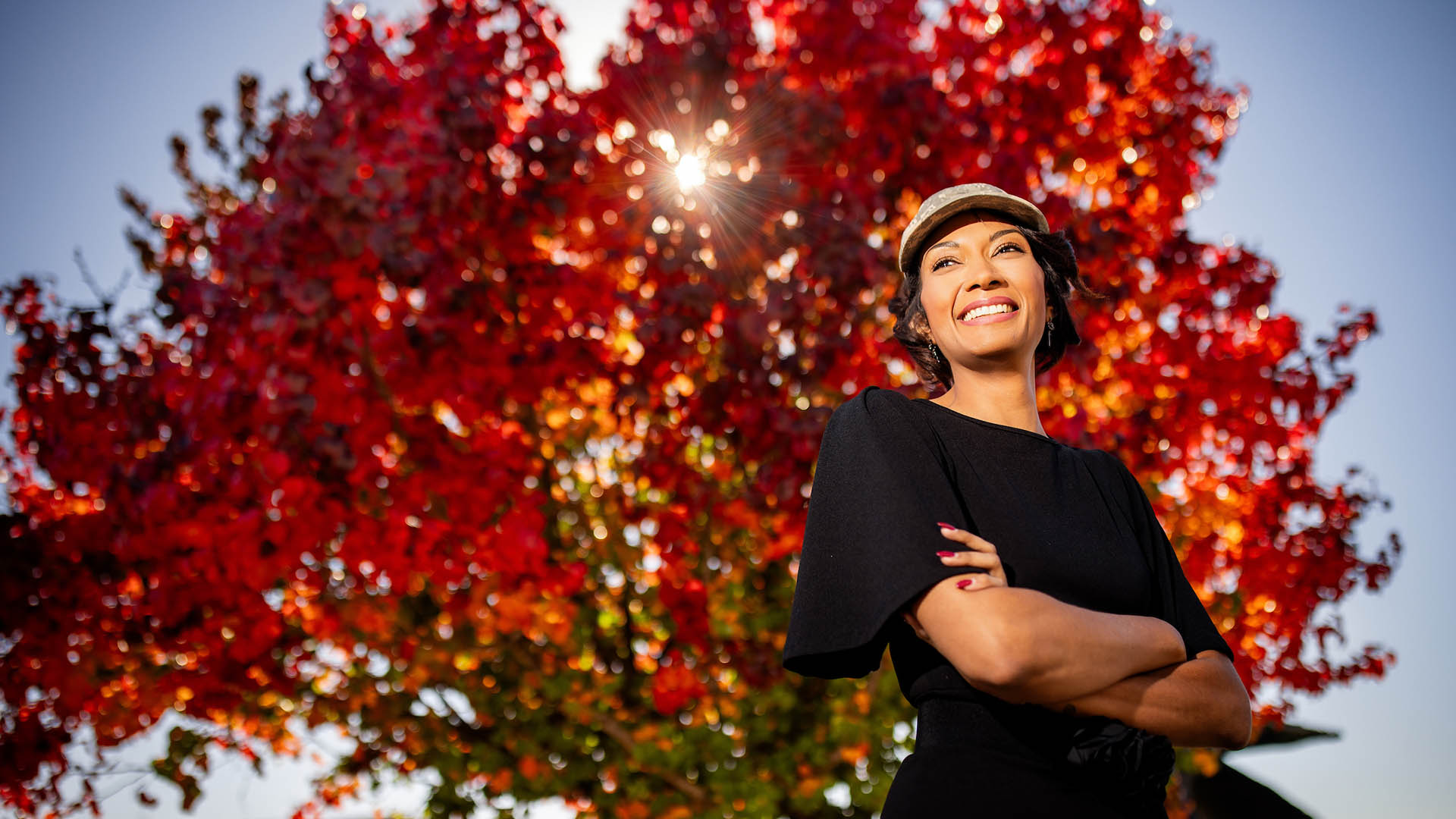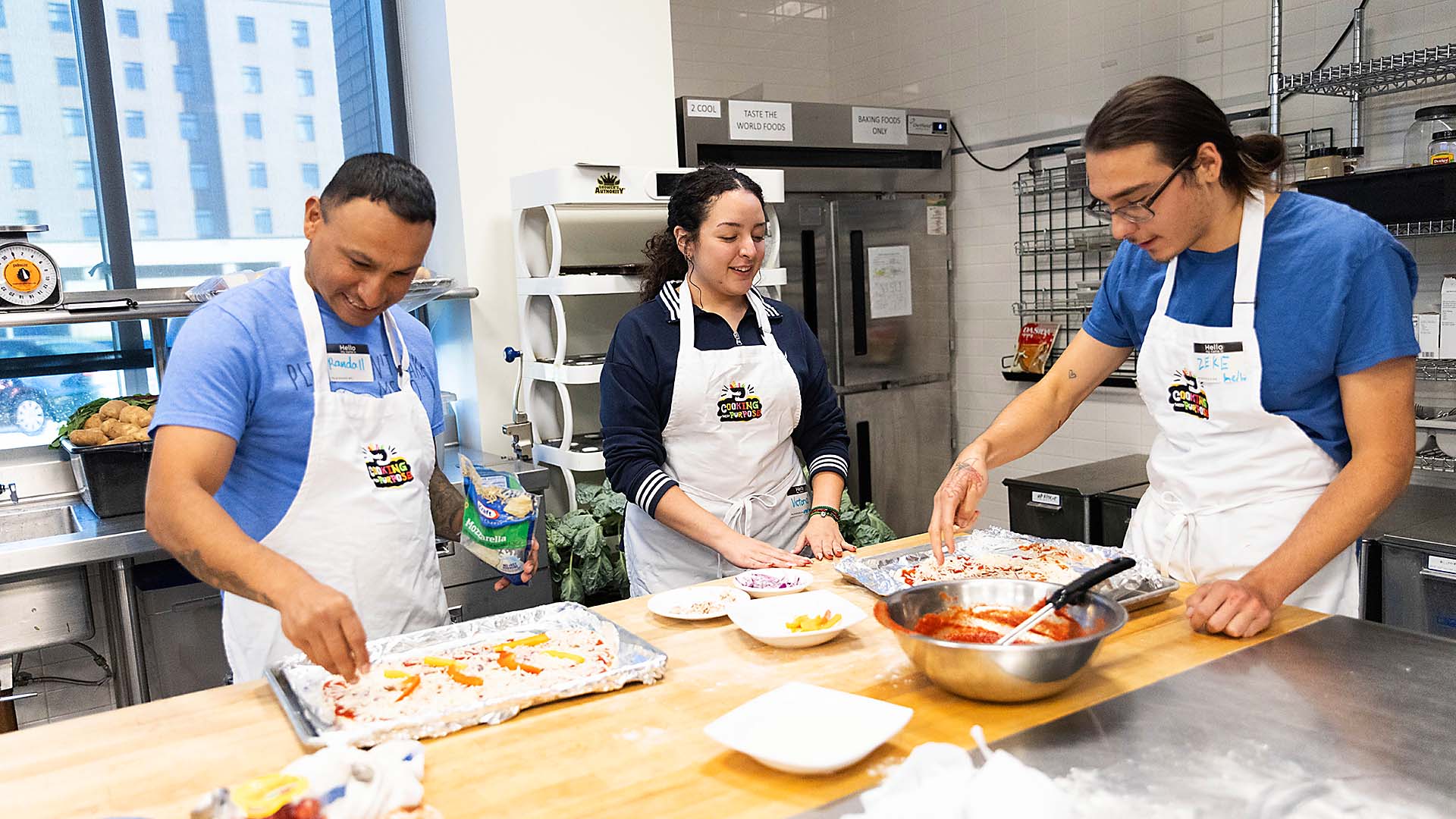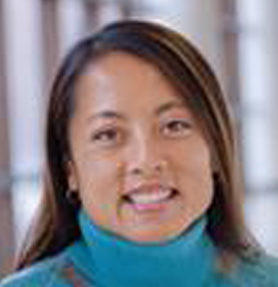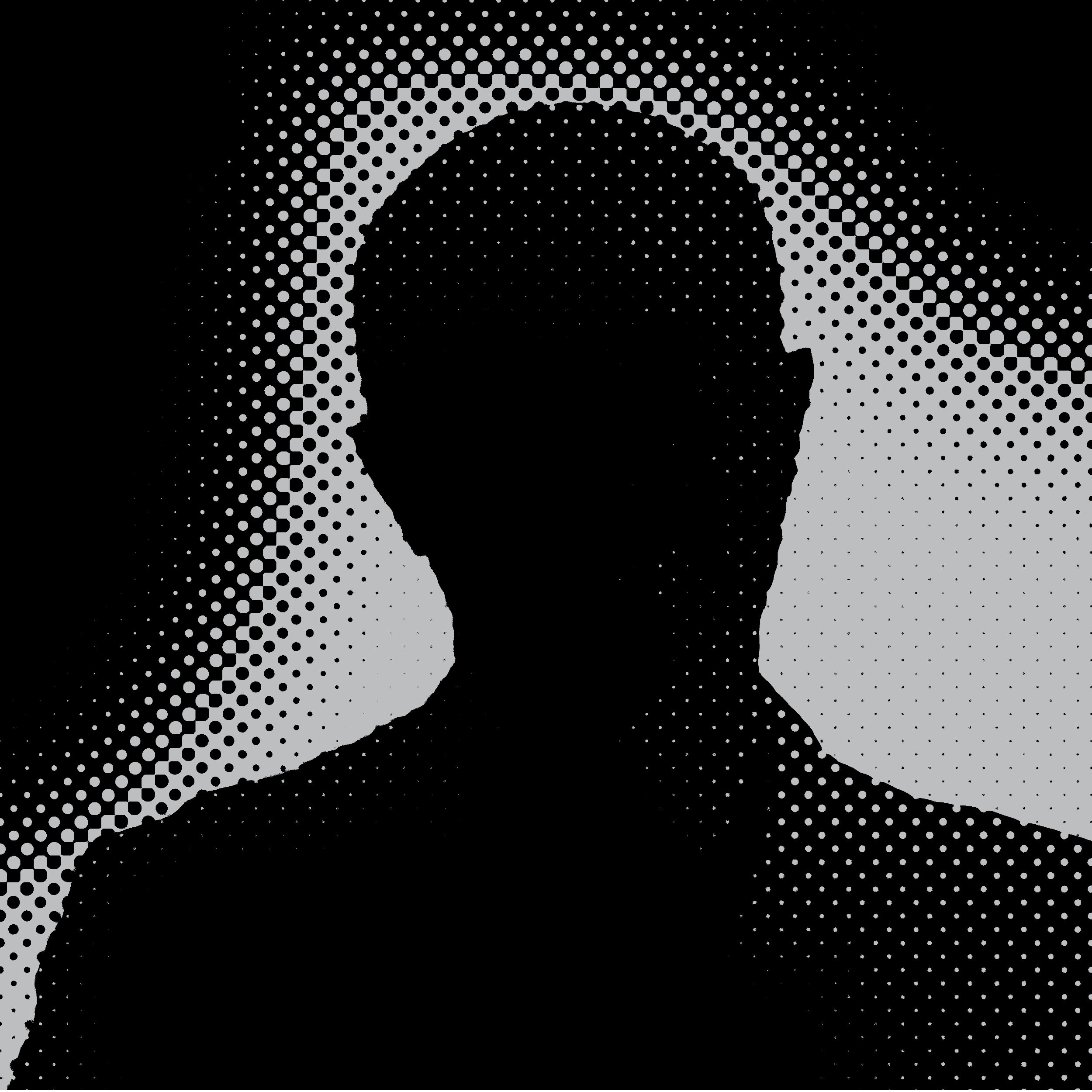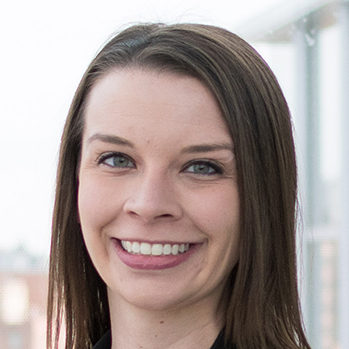Acing her mat classes
Martial artist. Paralympic coach. International program builder. For Heidi Moore, judo isn’t just a sport – it’s a calling.
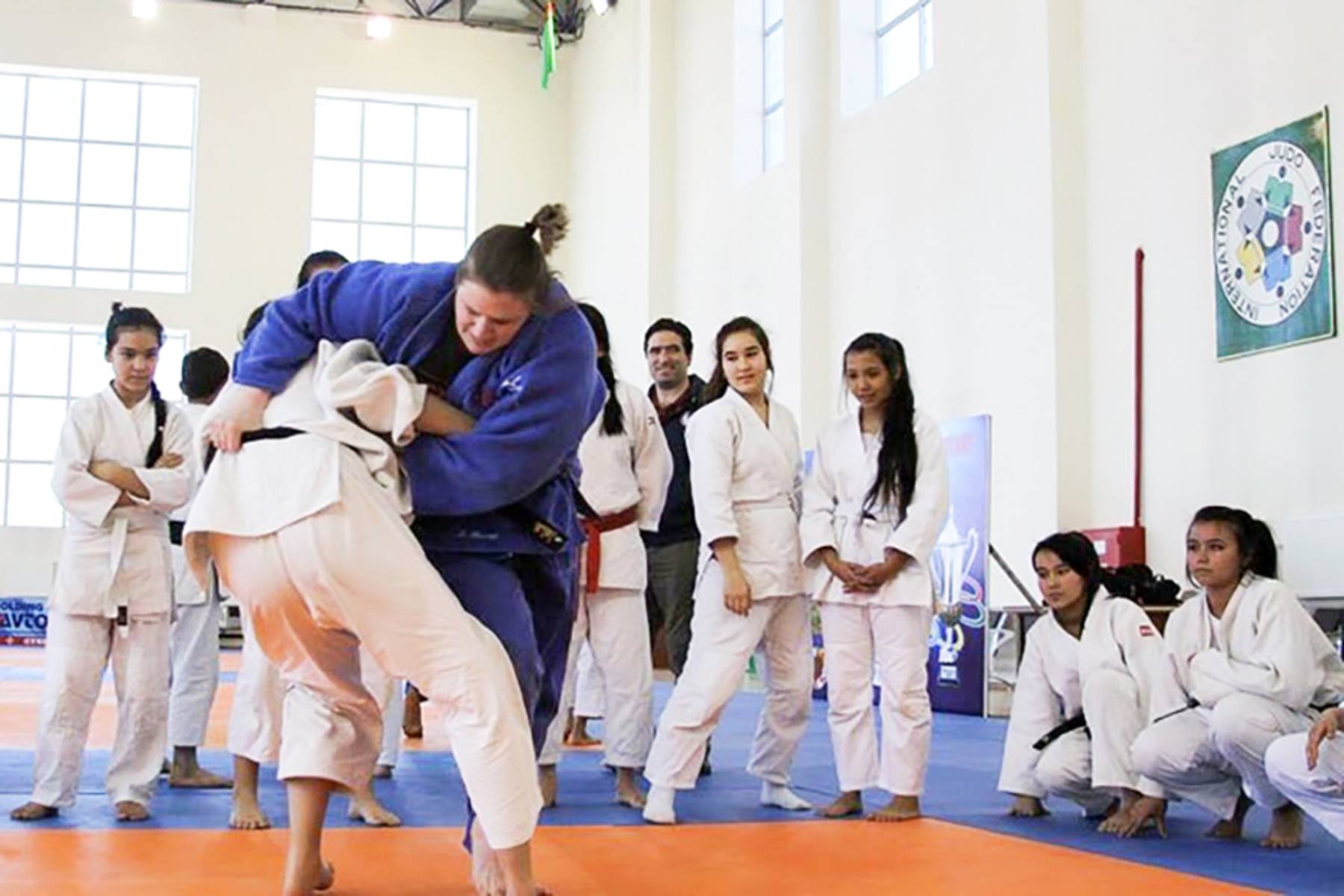
From prestigious internships to programming high-flying performances, there’s no shortage of MSU Denver connections to the Olympics.
But it’s not just the upcoming winter games that boast Roadrunner representation, as athletic training junior Heidi Moore is an assistant coach with the United States Paralympic judo team.
“There are so many incredible people and athletes in this sport,” she said. “It’s so fulfilling to be able to be able to participate at this level.”
Moore currently holds the rank of “godan” – fifth-degree black belt – and has found success at every stage of her athletic career. That includes winning 11 medals at the USA Judo Senior National Championships, representing the United States at the 2005 and 2007 World Championships, and finishing the 2007 Pan American Championships with a bronze medal (among countless other highlights).
And recently, as a cultural envoy to Turkmenistan for the State Department, she helped build the country’s national Paralympic team from the ground up.
Impressive accomplishments, to be sure. But some of her most rewarding experiences have come as head instructor and executive director at Denver Judo.

Moore has built out the facility with her husband Scott – also an internationally decorated godan who was the first American to win gold in the 2000 Sydney Paralympic Games and head coach for the US Paralympic judo team in 2012 (London) and 2016 (Rio). Together, they’ve expanded the club to include classes for everyone from children and beginners to experienced competitors and fully integrated ones for participants with visual impairments.
“I love judo because it’s accessible whether you’re 4 years old or in your seventies; whether you’re a wounded warrior, an amputee or anyone else,” Moore said.
It’s a calling that stretches back to her childhood. When her younger brother started receiving judo trophies from competitions, Moore felt compelled to win some as well. And though she still has the same competitive drive today, it’s couched in her dedication to the sport – as well as her on-campus study.
“She’s a fantastic student; she’s always prepared and conscientious,” said Christine Odell, professor and director of the athletic training program at MSU Denver. “She wants to take care of the people she works with; her enthusiasm and dedication is really special.”
Moore brings this enthusiasm to both her Paralympic coaching role and the Denver Judo dojo, where she views each student as one of her children. And the practical applications she’s gained from the classroom allows for lessons that transcend the basics.
“I really like being able to apply what I’ve learned here on the mat,” she said. “It’s not just taping ankles like some people think – you realize the stakes are high, that what you do might mean the difference between life and death for an athlete.”
She also credited the program for setting a high bar, requiring focus and discipline – not dissimilar from the approach she takes as a judoka.
“It’s been harder than I thought it’d be, but in a good way,” Moore added.
That comes from a strong foundation in applied practice. Case in point: Even though the Commission on Accreditation of Athletic Training Education requires two years of clinical rotation, the program at MSU Denver decided to stick with their expanded three-year approach.
“We felt that students get the benefit of the experience right off the bat,” said Odell. “By starting with an extended internship in their first year in the major, we set high expectations so they’ll be able to perform at a high level of skill.”
It’s an approach that might not be the easiest – but for those who have the dedication, to the sport and to others, it’s a natural fit. And when that’s passed on from instructor to student, the results are nothing short of golden.
“Coaching someone to a medal is almost as exciting as being up on the podium yourself,” said Moore. “To see them win and the look on their faces – that’s just amazing.”

